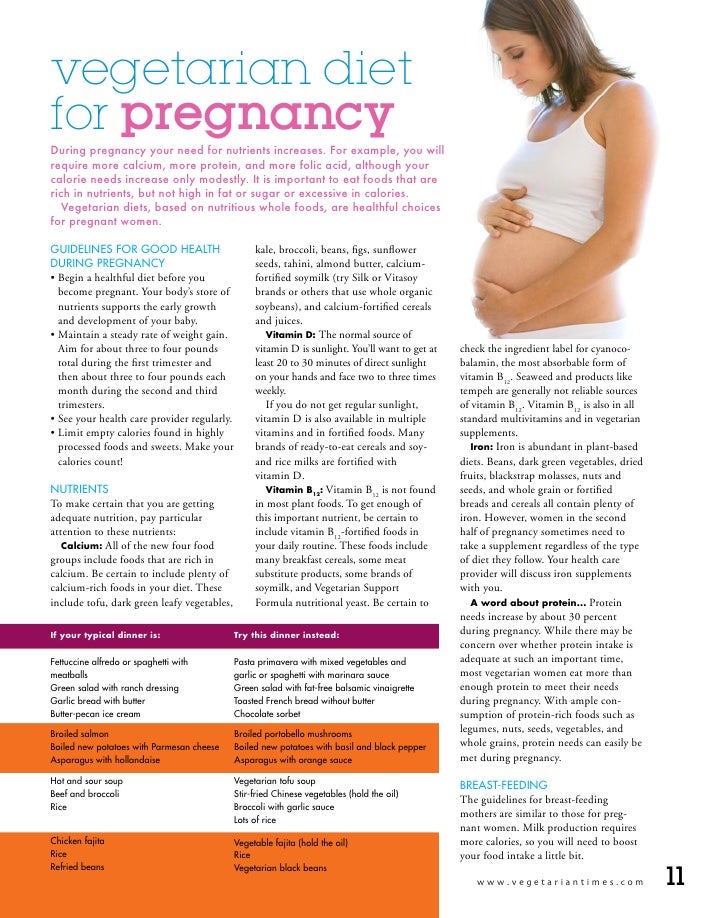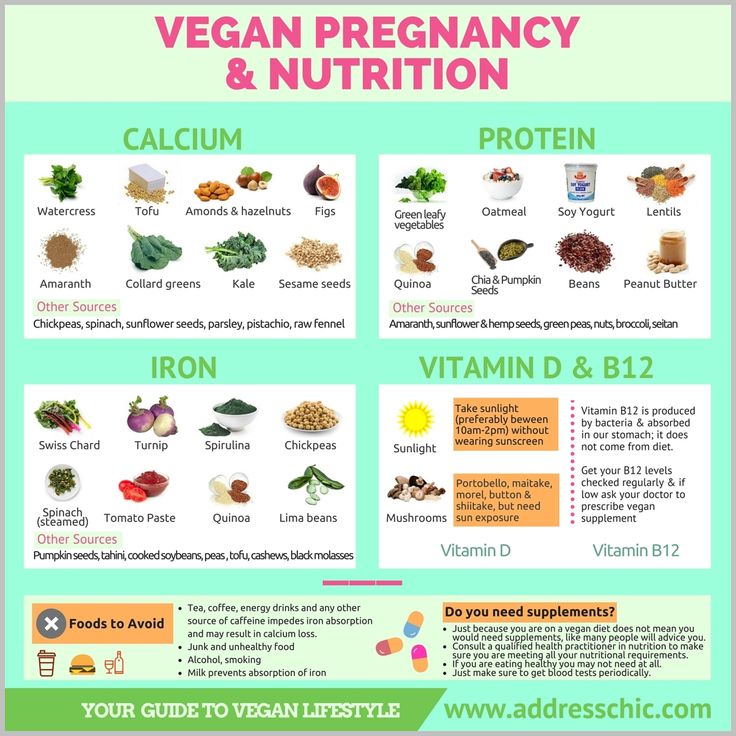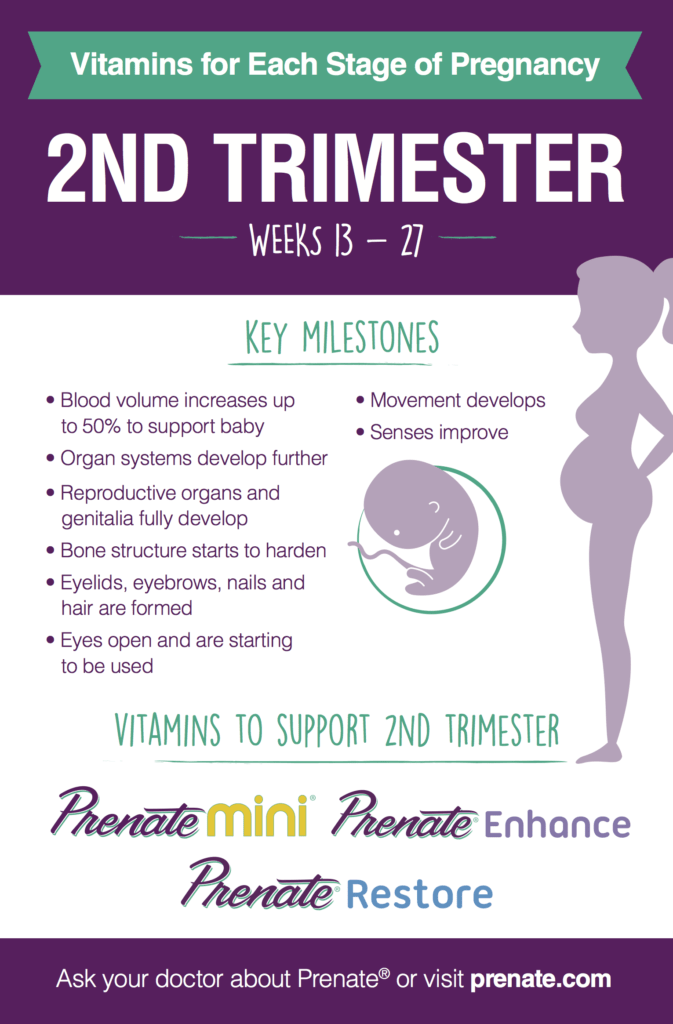Pregnant without symptoms
Can You Be Pregnant and Not Know It?
Written by Kimberly Goad
You’ve probably heard a story about it at least once: a woman who didn’t know they were pregnant until they went into labor. Your first thought? How is it possible to not know you’re carrying a baby?
It’s not out of the question, says Michael Cackovic, MD, an OB/GYN at The Ohio State University Wexner Medical Center. “There are women who don’t have routine sex, don’t have routine periods, and don’t regularly see a doctor,” he says. Under those circumstances, it’s possible you could not realize you’re pregnant.
Other women have mental health problems that keep them from recognizing or accepting that they’re going to have a baby.
A few studies have estimated that one in 400 or 500 women are 20 weeks, or about 5 months, into their pregnancy before they realize they are pregnant.
One in 2,500 women make it all the way to labor before they understand they’re going to have a baby. That’s about three times more common than a woman’s chance of having triplets.
How It Happens
A number of things could keep a woman from noticing the changes in their body:
Fear or stress. The thought of becoming a mother is so stressful for some women that they go into deep denial -- so deep that they don’t know they’re pregnant. “Denial is a very powerful defense mechanism, making it possible to talk yourself out of every symptom you may have. The movement in your abdomen is ‘just gas,’ for instance,” Cackovic says.
For example, a teenager may deny or ignore a pregnancy because they don’t want their parents to know they have had sex. A married woman may do the same because they got pregnant by someone other than their partner. Some women may have a denied pregnancy because of a mental health problem, like bipolar disorder or schizophrenia.
No symptoms. For some women, the physical tip-offs of pregnancy, like weight gain, morning sickness, heartburn, or fatigue, don’t happen. Or they’re so mild that a woman just doesn’t notice them.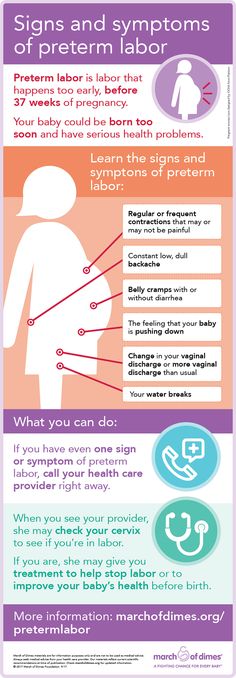 Depending on their body type, “it’s reasonable for a woman to make it to 30 weeks without looking pregnant,” Cackovic says.
Depending on their body type, “it’s reasonable for a woman to make it to 30 weeks without looking pregnant,” Cackovic says.
Weight changes. If a woman is overweight or their size often goes up and down, they might not notice the extra baby weight. If they’re obese, Cackovic says, they may not “have the physical feelings of being pregnant” that non-obese women feel.
Period problems. A woman can have irregular periods because of stress, some medications (like birth control pills or drugs for epilepsy), obesity, or health problems like polycystic ovary syndrome (PCOS), uncontrolled diabetes, or an eating disorder. So when their period is a no-show, their first thought may not be pregnancy.
They can’t feel the baby move. Usually a mom-to-be will start to feel their baby kicking or rolling between 18 to 20 weeks of pregnancy. But if the placenta happens to be in the front of their uterus, they may not feel those movements, Cackovic says.
Research suggests a well-adjusted woman can have a denied pregnancy and still go on to be a good mother, especially if they’re able to come to grips with the fact that they’re going to have a baby, Cackovic says. For example, some women understand and accept it when they see an ultrasound image of their child. But doctors usually recommend a mental health evaluation to figure out what caused them to deny their pregnancy. It’s also an important step to prevent child abuse and neglect, which are more common after denied pregnancies than normal ones.
Why It Matters
Women can and do deliver healthy babies after a denied pregnancy, Cackovic says. But there are risks to not knowing you’re pregnant:
- You could miss out on the prenatal care that can ensure that you and your baby are healthy, like physical exams, blood tests, and ultrasound scans.
- You won’t know your or your baby’s risk for complications, like anemia, a type of high blood pressure called preeclampsia, gestational diabetes, or birth defects.
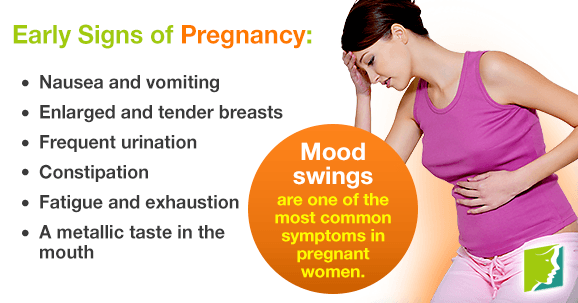
- You won’t know it’s time to make healthy changes that help your baby grow and thrive, like getting good nutrition, avoiding alcohol, and stopping certain medications.
Know the Early Signs
It’s hard to predict who could have a denied pregnancy. But if you think you might miss some of the classic signs, like weight gain or a missing period, you can watch out for other early signals, such as:
- Tender, swollen breasts
- Peeing more often
- Feeling very tired
- Nausea, sometimes with vomiting
- Can’t stand certain foods or smells
Positive Pregnancy Test but No Symptoms? Here’s 7 Reasons Why
Baby Basics, Baby's Nursery, Babymoon, Childproofing, Conceiving, Family Involvement, Getting Pregnant, Healthy Pregnancy, Healthy Weight, Home Birth, Hormones, Labor, Labor Contractions, Medicationsbaby basics, conceiving, Getting Pregnant, pregnancy, pregnancy blogs, Pregnancy Brain, Pregnancy Meditation, Pregnancy Safety, Relaxation, Safety Tips, Stages of Pregnancy, Women's HealthMithu Kuna
Share with:
After the excitement of a positive pregnancy test has subsided, you feel a little worried. Why don’t you feel any different?
Why don’t you feel any different?
You don’t feel any morning sickness and you haven’t turned into the stereotypical ravenous pregnant lady yet. Are you even expecting? Anxieties about you and your baby’s health swirl in your mind: Maybe the test was false or maybe you lost the fetus.
Luckily, a lack of pregnancy symptoms doesn’t necessarily mean anything is wrong.
In this post, we’re listing 7 reasons why you may not feel any pregnancy signs.
Pregnancy SymptomsEvery pregnancy is different, so every woman will experience a different set of symptoms. Some women will only experience one or two, while others may have to deal with a whole list. Some signs will only be present for the first or last trimester. Others may subside and flare up throughout the 9 months. Even if you’ve been pregnant before, you could show different signs the second or third time around.
During early pregnancy, the symptoms can be similar to those you get around menstruation.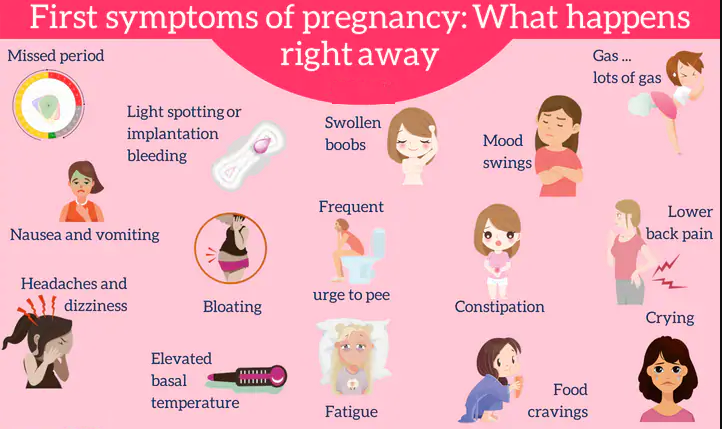 These include:
These include:
- Implantation bleeding
- Sore or swollen breasts
- Fatigue
- Mood swings
- Back pain
- Headaches
- Dizziness
Since these symptoms can be confused, some women don’t know they’re pregnant until a few weeks later when the signs are more apparent. Symptoms of pregnancy later on include:
- Constipation
- Insomnia
- Fatigue
- Leg cramps
- Leg and feet swelling
- Dizziness
- Heartburn
- Vaginal discharge
- Backaches
- Braxton-Hicks contractions
- Morning sickness
Although having these symptoms can mean you’re pregnant, the only way to know for sure is to take a pregnancy test.
Positive Pregnancy Test but No Symptoms. Why?If you’ve taken a pregnancy test and it’s positive, you’re probably expecting some physical changes. When those symptoms don’t happen, it can be worrisome. You may wonder if you’re still pregnant or if something happened.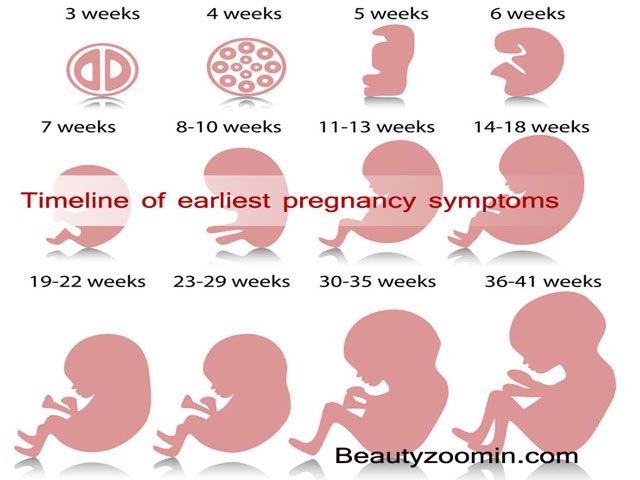 If you’ve checked with your doctor and everything is okay, there’s a few reasons you could be symptomless.
If you’ve checked with your doctor and everything is okay, there’s a few reasons you could be symptomless.
#1 You Haven’t Recognized the Early Signs
One possibility is that you actually have experienced early pregnancy symptoms, but you had mistaken them for menstrual symptoms. For example, you may experience spotting or cramping about 6 to 12 days after the egg is fertilized. This is called implantation bleeding. Although it’s not the same flow as a regular period, you may have assumed you were just having an off month.
#2 It’s Too Early
All women are different when it comes to experiencing pregnancy symptoms. Some women don’t feel anything different until the second half of their first trimester or even later. If this is the case, you get to enjoy an extra few weeks of being problem-free.
If you’ve just conceived and are hoping for pregnancy signs, you’ll probably need to wait a little longer. If the fertilized embryo isn’t implanted yet, you won’t experience any symptoms. This happens 6 to 12 days after ovulation. After this time, you should take a pregnancy test to check.
This happens 6 to 12 days after ovulation. After this time, you should take a pregnancy test to check.
#3 You Don’t Get Symptoms
Most women will experience some pregnancy symptoms but not everyone. Some lucky moms report having no signs—other than a growing belly—for their entire 9 months. Although it can cause anxiety, try to be thankful for having an easy pregnancy. You should still mention the absence of signs to your doctor and attend regular check-ups to make sure your baby is healthy.
#4 You’re Attributing Symptoms to Something Else
Another possibility is that you are experiencing pregnancy signs, but you’re thinking they’re caused by something else. For example, you may be feeling more tired than usual, leading to more naps or earlier bedtimes. Instead of seeing this as pregnancy fatigue, you may have assumed it’s just because you’ve had a really long work week and you’ve been running around more than usual. Mood swings could be blamed on family conflict or routine stress rather than your bun in the oven. If you’re experiencing any changes, ask yourself if they could be caused by pregnancy instead.
Mood swings could be blamed on family conflict or routine stress rather than your bun in the oven. If you’re experiencing any changes, ask yourself if they could be caused by pregnancy instead.
#5 You’re Expecting More Dramatic Symptoms
Movies often depict women violently throwing up as soon as they become pregnant. Luckily, this isn’t always the case. While some women experience visible changes, such as morning sickness and swelling, others only have subtle changes. These may include:
- Minor appetite changes
- Fatigue
- Mood changes
- Aches
Some women may experience these signs on a more extreme level. However, you may not even notice your stomach rumbling more frequently or your energy depleting easier.
#6 You Have Polycystic Ovary Syndrome (PCOS)
PCOS is a hormonal disorder characterized by prolonged periods, infrequent periods or elevated male hormone levels. This causes ovarian cysts. Many women with PCOS don’t release eggs regularly, making it difficult to become pregnant.
Many women with PCOS don’t release eggs regularly, making it difficult to become pregnant.
When a woman with PCOS does successfully conceive, she may only experience subtle symptoms and sometimes none at all. It’s possible to have PCOS and not know it. Up to 50% of women never get diagnosed. Signs of the disorder include:
- Irregular periods
- Trouble getting pregnant or having a miscarriage
- Cysts on ovaries
- Pelvic pain
- Excessive hair growth or acne (caused by high male hormone levels)
- Weight gain
- Skin tags on the neck or armpits
- Dark and thick skin patch on breasts, thighs or neck
If you suspect you have PCOS, you should tell your doctor. Although there’s no cure, they can diagnose the issue, help you treat its symptoms and monitor your pregnancy more closely.
#7 False Pregnancy Tests
If you haven’t had your pregnancy confirmed by a doctor yet, you may be wondering if your at-home test is actually accurate. Home tests work by detecting human chorionic gonadotropin (hCG), a hormone present in early pregnancy. For this reason, most sticks are very accurate. In fact, positive results are more likely to be accurate than negative results. However, that doesn’t mean getting a false positive is impossible. Inaccurate home tests could be the result of:
Home tests work by detecting human chorionic gonadotropin (hCG), a hormone present in early pregnancy. For this reason, most sticks are very accurate. In fact, positive results are more likely to be accurate than negative results. However, that doesn’t mean getting a false positive is impossible. Inaccurate home tests could be the result of:
- Chemical pregnancy— When the fertilized egg can’t implant or grow (this can happen for multiple reasons, such as scar tissue, fibroids or low hormone levels).
- Miscarriage— When a miscarriage occurs, hCG levels will slowly decline. Since the hormone can still be present weeks later, it’s possible to still get a positive result after a miscarriage.
- Ectopic pregnancy— When a fertilized egg implants outside of the uterus. Ectopic pregnancies are not viable but will still produce hCG.
- Medication— Fertility medications, some anti-anxiety and some anticonvulsants may also cause a false positive if you take the test too soon after conception.
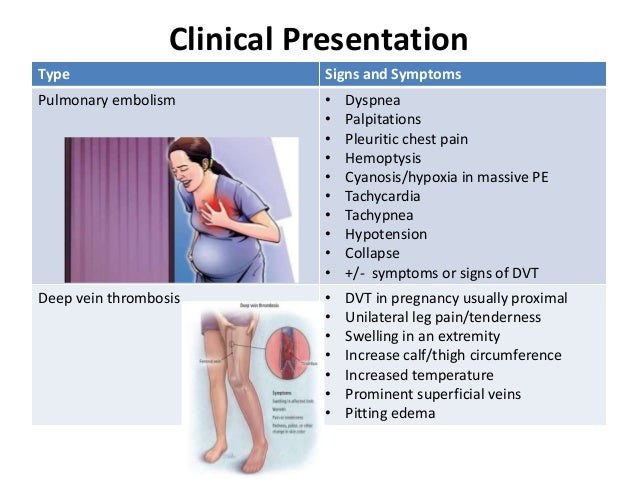
- Using it wrong— If you haven’t followed the directions for your home test or are using an expired test, it’s possible to get a false result. Read the directions and follow them exactly as written. Doing the test first thing in the morning when your urine is undiluted may lead to the most accurate result. Waiting 10 minutes to view the result may also improve accuracy. Although you may be excited, you should avoid taking the test too early. Waiting one week after your missed period is a good idea.
If you’ve had a positive at-home pregnancy test, you should see your doctor. They will do additional tests to confirm you’re pregnant. For example, blood tests can detect hCG earlier in pregnancy compared to home tests. He or she may also test your urine and do an internal exam.
If you’re not experiencing any symptoms and you’re in the second half of your first trimester, you should tell your doctor about your concerns. During your routine check-ups, you should also inform him or her of any changes. If you were experiencing symptoms but they came to a sudden halt, that could be a cause for concern.
During your routine check-ups, you should also inform him or her of any changes. If you were experiencing symptoms but they came to a sudden halt, that could be a cause for concern.
If you have signs of a miscarriage, you should contact your doctor immediately. This includes:
- Bleeding
- Fever
- Weakness
- Severe cramps
- Abdominal pain
If you get a positive pregnancy test and your doctor has confirmed the result, it’s still possible to have no symptoms. Although it can be worrisome, there may be no cause for concern. Every woman’s pregnancy is different. Some will experience a tough 9 months and struggle through just about every possible symptom. Other women will carry a healthy baby yet show no signs of it. Symptoms may also pop up later on in your journey instead. If your doctor says everything is okay despite a lack of symptoms, consider yourself lucky to have a problem-free pregnancy.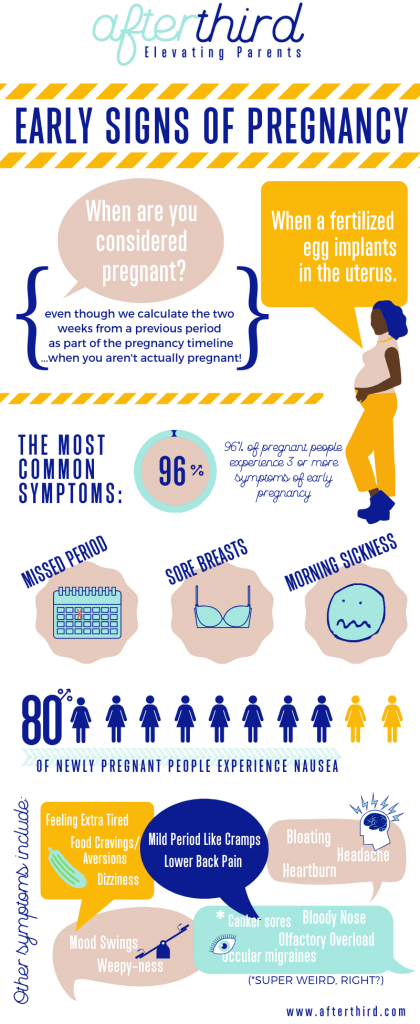
Do you have a lack of symptoms during your pregnancy? If so, comment below about your experience. If you have any pregnant friends, be sure to share this post with them, too!
P.S. Some women are able to detect pregnancy problems after noticing their symptoms suddenly stopped. If you haven’t experienced any symptoms, you may be worried you miscarried without noticing. Starting at the 12th week, you can use an at-home fetal doppler to hear your baby’s heartbeat and ease anxiety. Simply glide the probe over your lower belly and share the sound of life with all of your family. Get your fetal heartbeat monitor for as low as $39.95 today!
Share with:
Why is it possible not to notice pregnancy until the very birth?
Article author: Yudina Elena Alexandrovna , obstetrician-gynecologist
The first type of is a hidden pregnancy, when the body does not show signs of conception, or when its symptoms can be interpreted differently.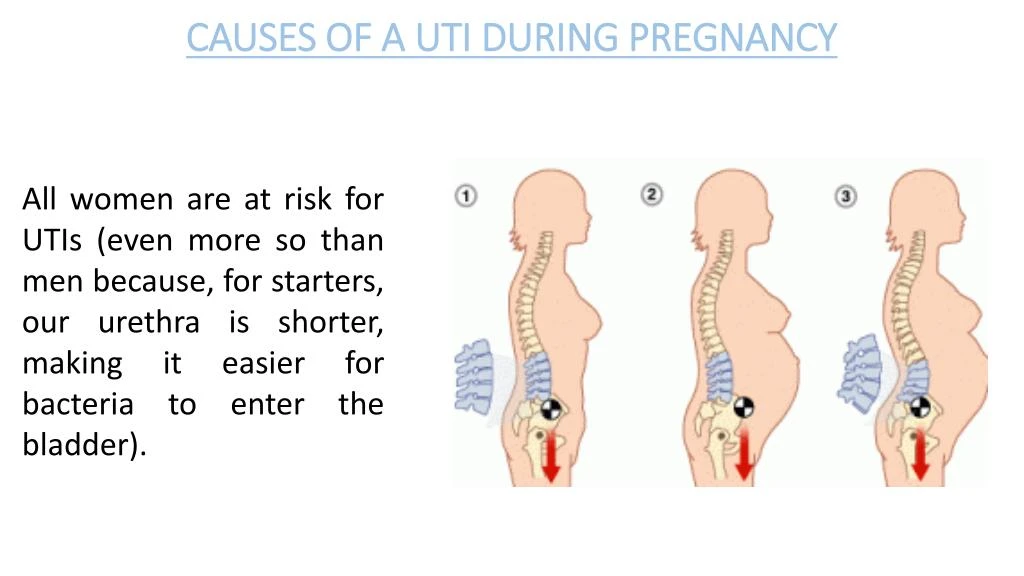
The second type of is when a woman does not let the thought that she will soon become a mother. Such pregnancies are more often associated with mental disorders or young age. There are not many such cases, but they do occur. nine0003
Consider the first type
As a rule, a woman with normal weight monitors her menstrual cycle and regularly visits a gynecologist. The probability of not noticing pregnancy is higher in overweight women. If the menstrual cycle is disturbed, toxicosis may not be noted, and the only sign of pregnancy is only the growth of the abdomen. At the same time, obese women with an irregular menstrual cycle due to hormonal failure believe that they are insured against pregnancy and, thereby, miss the fact of conception. In addition, it is quite possible not to notice pregnancy in the case of a small child and the fullness of the expectant mother. Also, polycystic ovary syndrome, combined with overweight and an increase in subcutaneous fat on the abdomen, can mislead the fair sex.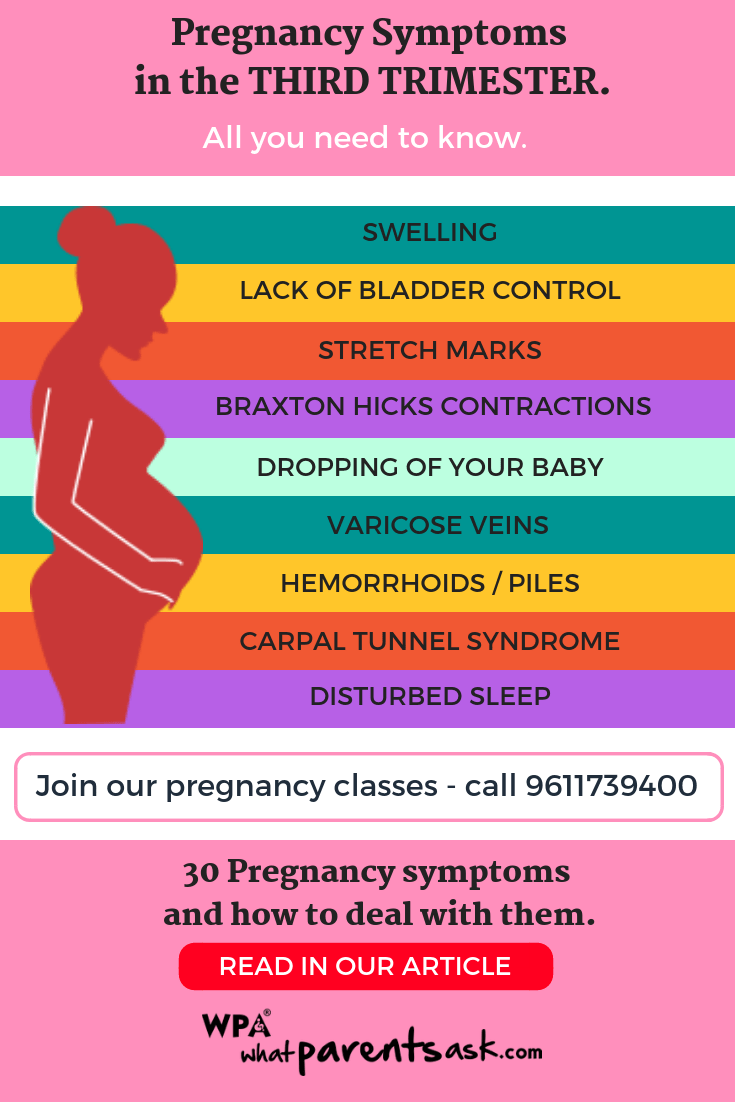 nine0003
nine0003
Along with this, there are anatomical reasons not to notice the “interesting position”. If the fetus is located too high and there is no growth of the abdomen (especially in overweight women with an irregular cycle), which should prompt a woman to think about pregnancy, then the state when the child begins to move is mistaken for flatulence, and poor health and toxicosis are associated with food poisoning. In athletic women, on the contrary, trained abdominal muscles can hide the child and his movements well. In addition, due to anatomical features, such as the bending of the uterus, the abdomen may grow very little. nine0003
There are women with false signs of pregnancy, in which all the clinical symptoms of a traditional pregnancy (weight gain, lactation, abdominal growth and toxicosis) appear, but there is no baby in the stomach.
There is a category of women (as a rule, they take pill forms of contraceptives, or have a diagnosis of infertility, or who have had a displacement of the intrauterine device), who do not notice the fact of the onset of pregnancy due to the fact that in the early stages it is accompanied by signs of interruption (bloody discharge pain in the lower abdomen).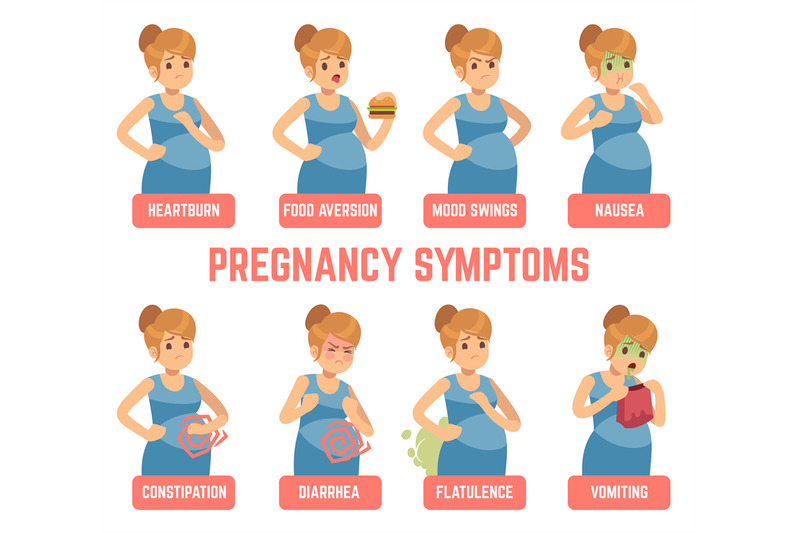 A woman perceives these symptoms as painful menstruation with a violation of the menstrual cycle. At the same time, they assure the doctor that menstruation was every month, but more abundant and painful. nine0003
A woman perceives these symptoms as painful menstruation with a violation of the menstrual cycle. At the same time, they assure the doctor that menstruation was every month, but more abundant and painful. nine0003
Some women who have already conceived have bleeding, which they may confuse with the so-called "menstruation". For example, in the case when the placenta is located in the lower part of the uterus and covers its internal pharynx (this should be interpreted as a threat of abortion). Such patients require closer attention and careful monitoring.
After childbirth, women forget that ovulation can occur before the first menstruation even in the presence of active lactation, therefore, fertilization is possible. In addition, if the fair sex did not start taking birth control pills in the first 5 days of the cycle, missed taking them, or had vomiting and diarrhea, then the pill could not be absorbed. As a result, follicle growth and ovulation are triggered. In such cases, additional contraception is needed.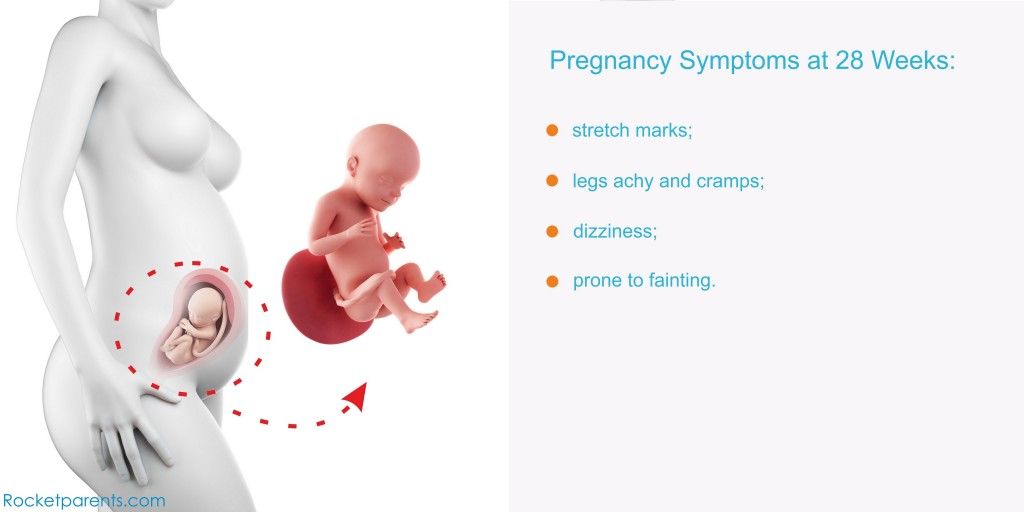 nine0003
nine0003
During menopause, ovulation can occur at any time. During this period, a woman feels mood swings, dizziness, nausea and a regular weight gain. At this time, it is necessary to visit a gynecologist more often and use contraception, since the fact of an unplanned pregnancy is not excluded.
The second type is characterized by the following
Many young girls may show a symptom of physiological denial of their pregnancy, because they do not want a child, are emotionally unprepared to cope with this situation and are afraid of their parents (girls are afraid of the publicity of their sexual contacts) and consequences of pregnancy. A married woman may experience the same problems because of infidelity to her husband. Fatigue they attribute to overwork or sleep problems. Mentally ill women who, in principle, do not know and do not understand what is happening to them, may also not know about their pregnancy. nine0003
If you experience any unusual symptoms such as weight gain, missing or unusual menstruation, we recommend that you contact your doctor.
Make an appointment with a gynecologist
For more details, consult a qualified specialist at the Semeynaya clinic.
To find out prices for a gynecological appointment or other questions, follow the link below:
truth or myth, is it possible not to notice pregnancy
Surely you have heard stories about how a woman noticed her pregnancy only during childbirth. Is this possible? Understanding
Irina Obraztsova
Legion-Media
Walking pregnant and not noticing it - true or myth? You will be surprised.
Contents of the article
By which week a woman knows for sure that she is pregnant, and why there are exceptions
weeks, by the end of the first trimester, as a rule, all women feel signs that they are pregnant and know about their pregnancy. If you do not experience any unusual sensations or the symptoms are “floating” and not pronounced, then they come and go, while the pregnancy test is positive, then most likely you are pregnant.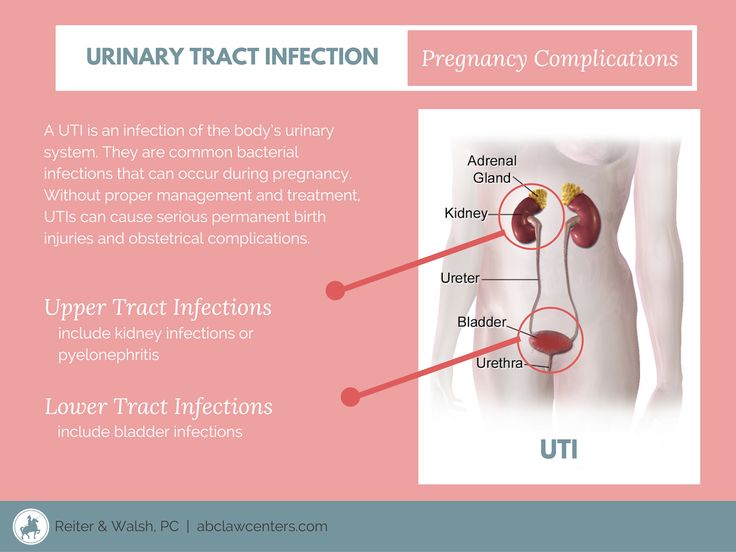 In any case, with two strips on the test, you must definitely go to the doctor (including to exclude pathologies, for example, an ectopic pregnancy). But it happens that there are no signals, and it does not occur to a woman to take a test. For menstruation, she takes implantation bleeding or her cycle is so uneven that she does not pay attention to the delay and even the complete absence of menstruation. For example, if she is aged, she may decide that it is time for menopause. Movements? Large women with a high body mass index may feel them quite late or confuse them with problems with the intestines. Sounds unrealistic, but it happens sometimes. No one knows why some women don't have pregnancy symptoms, but that doesn't mean there's something wrong with pregnancy. nine0003
In any case, with two strips on the test, you must definitely go to the doctor (including to exclude pathologies, for example, an ectopic pregnancy). But it happens that there are no signals, and it does not occur to a woman to take a test. For menstruation, she takes implantation bleeding or her cycle is so uneven that she does not pay attention to the delay and even the complete absence of menstruation. For example, if she is aged, she may decide that it is time for menopause. Movements? Large women with a high body mass index may feel them quite late or confuse them with problems with the intestines. Sounds unrealistic, but it happens sometimes. No one knows why some women don't have pregnancy symptoms, but that doesn't mean there's something wrong with pregnancy. nine0003
How pregnancy manifests differently
It is impossible to predict which symptoms will accompany each individual pregnancy. Moreover, even two pregnancies in one woman can manifest themselves in completely different ways. And if there are no manifestations at all, this does not mean that something is wrong.
And if there are no manifestations at all, this does not mean that something is wrong.
Some women, for example, are exhausted by toxicosis around the clock, while others vomit only in the morning, and still others never experience the slightest nausea. It happens that mothers get very tired from the very beginning, and someone does not feel signs of increased fatigue until later in pregnancy, and sometimes they are generally full of energy and strength every day. nine0003
Your symptoms may be so subtle that you don't recognize them. Some women (about 1 in 475) have an occult pregnancy, which means they don't realize they're pregnant until 20 weeks or sometimes until delivery.
If you have a positive pregnancy test, your chances of being pregnant are very high, even if you don't have symptoms. And as soon as you do an early ultrasound - and the fetal heartbeat is detected - all doubts will be completely dispelled.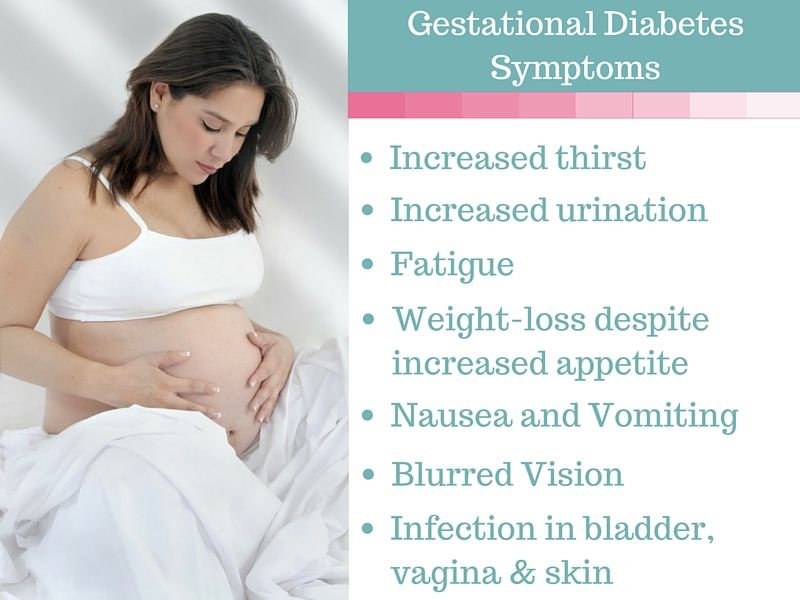 You may be lucky enough to see your baby's heartbeat as early as 5 or 6 weeks, sometimes later. Therefore, after the first ultrasound, which did not find anything, and the test continues to show two stripes, a second ultrasound should be done in a couple of weeks. nine0003
You may be lucky enough to see your baby's heartbeat as early as 5 or 6 weeks, sometimes later. Therefore, after the first ultrasound, which did not find anything, and the test continues to show two stripes, a second ultrasound should be done in a couple of weeks. nine0003
Floating symptoms in the 5th week of pregnancy
By the 5th week of pregnancy, only about half of women feel symptoms. At this stage, there is nothing unusual in the absence of pregnancy symptoms or in the instability of the manifestation of symptoms that come and go. In fact, even women with severe manifestations have periods when they feel good due to fluctuating hormone levels.
How you might feel at 5 weeks pregnant
- Sore and enlarged breasts
- Nausea
- Frequent need to urinate
In about a week, you may join the 70 percent of women who have symptoms by the 6th week of pregnancy.
What if there are no symptoms in the 8th week?
So you are one of the 10% of women who do not feel pregnant at the 8th week. 90% of the rest by this time already know for sure that they are in a position. nine0003
By 8 weeks of pregnancy, nausea, swollen and painful breasts, and frequent need to go to the toilet may be accompanied by new symptoms (or part of them): forgetfulness
And this is perceived much more normally than the complete absence of changes in sensations and in the body.
Is it really possible not to notice pregnancy at all? nine0064
Yes, indeed, it is possible to go through your entire pregnancy without any of the usual symptoms. At the same time, most of these women will still hear the baby's heartbeat and feel its movements. At the same time, they will be lucky to avoid a lot of discomfort throughout the pregnancy.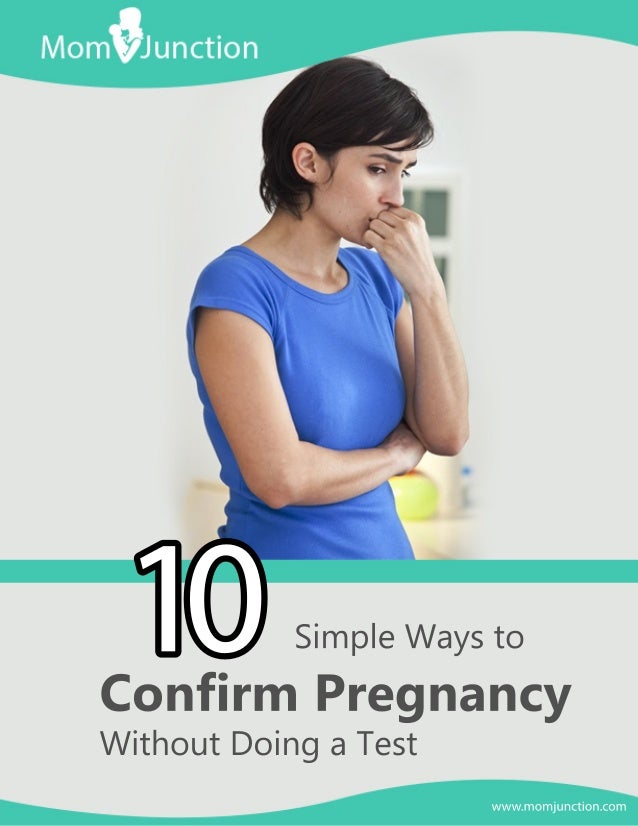 In isolated cases, women do not notice anything at all, including movements.
In isolated cases, women do not notice anything at all, including movements.
The author was lucky to be acquainted with such a woman who found out about her pregnancy at 34 weeks and did not even know about it. Moreover, she is a well-known person, she constantly flew on business trips and lectured all over the world, and her listeners, who saw her several times over the course of months, also did not notice anything: perhaps excess weight and loose clothing played a role. She took the movements of the baby for discomfort in the stomach, felt normal, attributed slight ailments to general work fatigue and a busy schedule, until she went for an ultrasound, when she decided to check that strange and intense sensations in the stomach did not go away for a long time. As a result, to the surprise of everyone, a wonderful baby was born to her, and the news about this amazed everyone: after all, there were no signs of an early birth. nine0003
Science does not know why some women have signs of pregnancy, others do not, however, this does not affect the health of a pregnant mother and the baby she carries - with or without symptoms. Sometimes those who do not feel anything in a position experience increased anxiety. Several women with a similar history shared their experience:
Sometimes those who do not feel anything in a position experience increased anxiety. Several women with a similar history shared their experience:
- “We are six and a half weeks old. Not an ounce of morning sickness. No pain, no cramps, no exhaustion. I'm so worried about the lack of symptoms." nine0092
- “Even though I'm only 5 weeks pregnant today, I don't feel pregnant and am looking forward to my ultrasound. I know that the absence of symptoms means nothing, but I would like to feel pregnant in order to be aware of my situation."
- "It is alarming that there are no symptoms at all. enjoy it.”
Does the absence of symptoms mean I will have a miscarriage?
The absence of pregnancy symptoms does not mean you will have a miscarriage. For some women, this is completely normal. But talk to your doctor if you had symptoms but suddenly disappeared, or if you have warning signs such as spotting or stomach pain.



